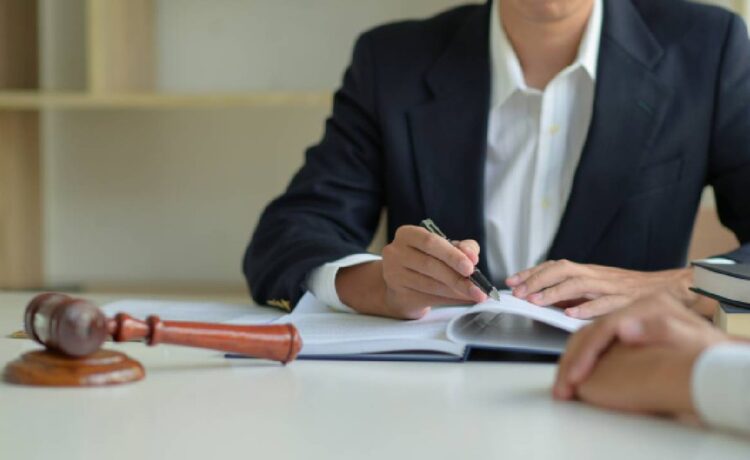Defending a criminal case requires cross-examination. A defense lawyer can challenge prosecution witnesses, test their credibility, and present alternative narratives to the court. Effective cross-examination techniques unravel inconsistencies, expose biases, and create reasonable doubt in the minds of the judge and jury. Successful cross-examination begins with thorough preparation and analysis of the case. Defense lawyers study the evidence, review witness statements, and identify weaknesses or inconsistencies in the prosecution’s narrative. They anticipate potential areas of vulnerability and develop a strategic plan to challenge the prosecution’s witnesses effectively.
This preparation ensures that cross-examination is targeted, focused, and aligned with the defense’s objectives. Building rapport with the witness during cross-examination enhances the defense lawyer’s credibility and creates a more conducive environment for eliciting favorable responses. By adopting a respectful and professional demeanor, defense lawyers establish a rapport that encourages witnesses to provide more accurate or favorable information. Maintaining composure and displaying confidence during cross-examination also helps convey the impression that the defense has a strong case.
Asking open-ended questions
Defense lawyers employ open-ended questions during cross-examination to elicit detailed responses from witnesses. Open-ended questions encourage witnesses to provide comprehensive answers, allowing the defense to explore different angles, perspectives, and potential inconsistencies in their testimony. By avoiding leading questions that suggest answers, defense lawyers uncover new information and challenge the prosecution’s version of events. Defense lawyers may question witnesses about their biases, motivations, or potential ulterior motives for testifying against the accused. By highlighting inconsistencies in their statements or prior inconsistencies in their testimonies, defense lawyers undermine the witness’s credibility and raise doubts about their reliability as a source of information. Impeaching witness testimony involves presenting contradictory evidence or prior statements to challenge the witness’s credibility or memory. defence lawyers in newmarket introduce documents, transcripts, or other forms of evidence that contradict the witness’s current testimony. By exposing inconsistencies or contradictions, the defense cast doubt on the witness’s reliability and weakens the prosecution’s case.
Uncovering biases and influences
Cross-examination provides an opportunity to uncover biases or influences that may have affected the witness’s testimony. Defense lawyers may question witnesses about personal relationships, financial interests, or other factors that could impact their objectivity or willingness to provide accurate information. By revealing potential biases, the defense challenges the witness’s credibility and establishes alternative explanations for their testimony. Effective cross-examination involves maintaining control over the witness and the flow of information. Defense lawyers strategically ask questions to limit the witness’s ability to provide lengthy or evasive answers. By asking focused and concise questions, the defense prevents witnesses from expanding on damaging or incriminating statements. This technique allows the defense to maintain control of the narrative and prevent the prosecution’s witnesses from bolstering their case.















